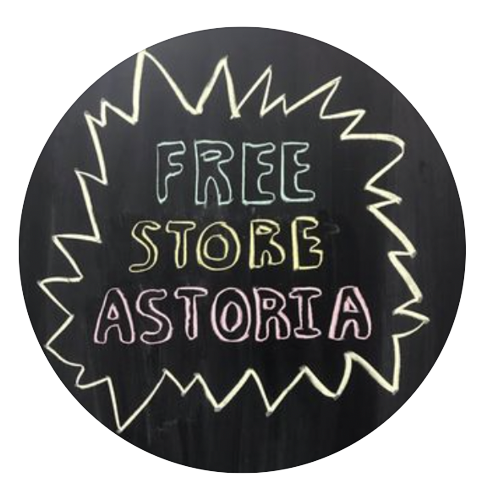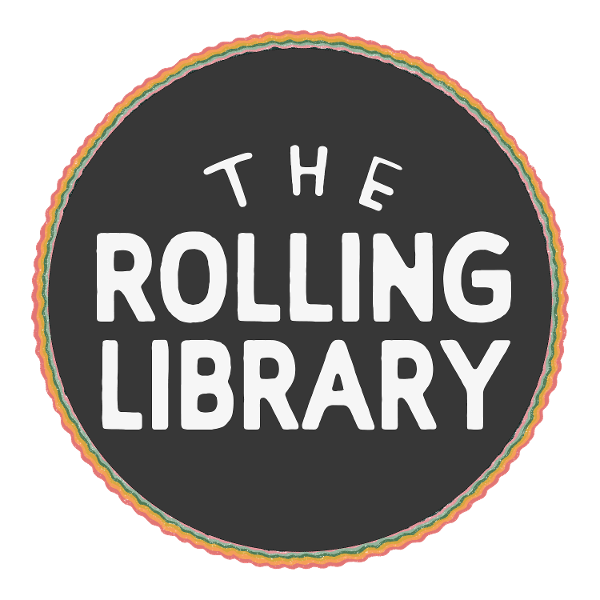Community Agreements
For volunteers at our community center and our offsite events, we have a set of agreements on how we try to behave, which helps us to live up to the values we bring to this work.
- Be kind to everyone who comes in. Remember that asking for help can be difficult, and we are trying to create a space where people feel safe coming to ask for help or to get involved with helping their community.
- It is not up to us to determine who is worthy of support. We never apply conditions on getting support or question why anyone needs it.
|
CLick to display examples
|
- If someone is being aggressive or unkind to you or someone else, please attempt to de-escalate the situation. We do not call the police because of our understanding that reducing interactions between the police and people in crisis actually keeps our community safer.
|
CLICK TO DISPLAY ADDITIONAL INFORMATION ABOUT DE-ESCALATION
|
- In order to live by our principles of being a non-hierarchical and self-organized community of neighbors, we have established a set of community agreements that provide the framework for how we engage with one another in our meetings and volunteer spaces.
|
Click to display full community meeting agreements
|



